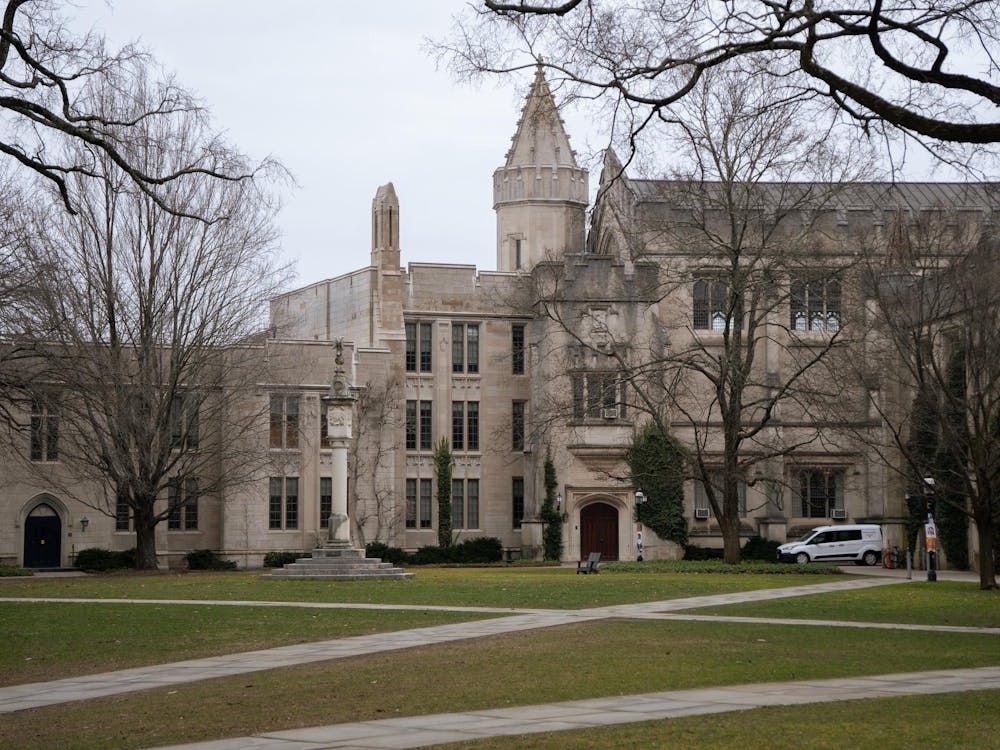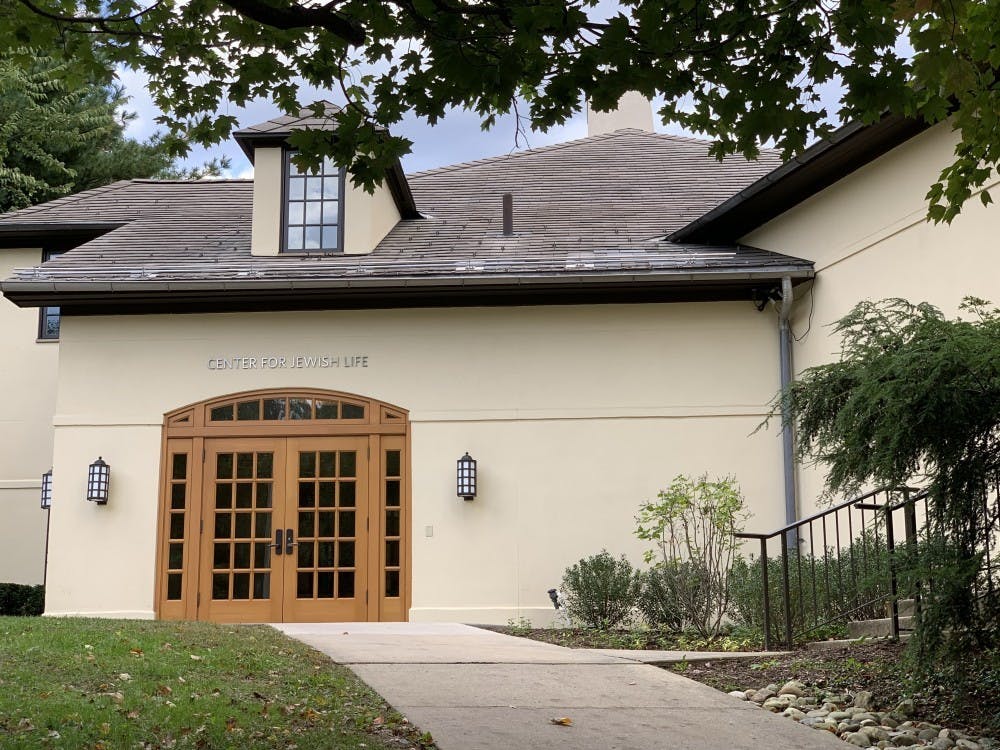The benefits of conducting such a survey are twofold. First, this survey will help the Office of Sustainability understand usage patterns in the dorms over winter break, when one would expect energy usage to be low. This will enable the office to better construct programs to minimize energy waste — for example, by incentivizing students to unplug refrigerators and power strips. Second, this survey will allow the sustainability office to determine whether energy waste is occurring as a result of rectifiable structural defects in buildings, such as windows with broken seals. Moreover, a winter survey can provide the sustainability office with specific information about buildings that summer assessments cannot (for example, whether old windows are contributing to heating costs).
The primary concern that some students have raised with respect to the sustainability survey is the issue of privacy. Certainly some students will be uncomfortable with the prospect of other students and staff inspecting their rooms. However, given that the University already conducts similar fire-safety inspections without any disruptions to private property, and given that students do have the option of opting out of this program, these objections are unconvincing. And while there are concerns that students who do not read the e-mail carefully will have their rooms searched unknowingly, this concern is minor and can easily be rectified with additional reminder e-mails.
One may wonder why the University is conducting such surveys at a time when students are not on campus. Usage patterns during breaks differ substantially from usage patterns during the academic year. Future inspections during the academic year may complement this year’s winter break inspection by providing data about how students consume heat, electricity and water while on campus.
Although the sustainability survey may provide a minor inconvenience to some, the survey is an important component of the University’s broader sustainability efforts. The editorial board commends the University for taking serious steps to green its facilities and encourages the University to continue its efforts to make Princeton a more sustainable community.







